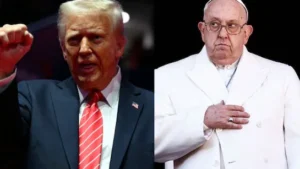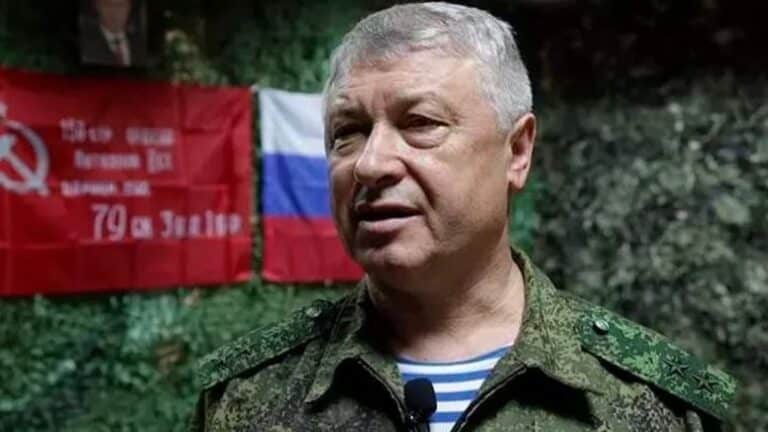
In a powerful interview on Sunday, Pope Francis condemned US President-elect Donald Trump’s promised large-scale deportation operation aimed at the estimated 11 million undocumented migrants living in the United States. The Pope called the proposal a “calamity,” emphasizing its devastating impact on vulnerable migrants.
Trump, who is set to return to the White House on Monday, has consistently pledged to take a hardline approach to immigration. His latest proposal, which he has described as “the largest deportation operation in American history,” has raised alarms globally. Although the plan promises to be sweeping, it is expected to face significant legal challenges and may be further complicated by countries that may refuse to accept deported individuals.
Pope Francis, who has consistently been an advocate for migrants and refugees, argued that such a deportation policy would have catastrophic consequences for the individuals involved, many of whom are already living in precarious conditions. “If it is true, it will be a calamity, because it makes the poor wretches who have nothing pay,” said the Pope during an interview with Italy’s Nove television channel.
The Vatican’s stance on Trump’s immigration policies is no secret. In 2017, Pope Francis met with Trump at the Vatican for a half-hour meeting, but their interactions were far from harmonious, with the Pope openly criticizing Trump’s policies. Francis has previously condemned Trump’s border wall plans, stating that anyone who seeks to build walls instead of bridges “is not a Christian.”
In 2016, as Trump was campaigning for the presidency, Pope Francis took a strong stance against his anti-immigrant rhetoric. The Pope’s remarks were in direct response to Trump’s promises to build a wall along the US-Mexico border to keep out illegal immigrants. Francis emphasized the importance of solidarity and compassion, values he argued were essential for a just society.
In addition to his criticisms of deportations, Trump’s stance on birthright citizenship has also drawn backlash. The President-elect has called birthright citizenship “ridiculous,” even though it is guaranteed by the US Constitution. Critics argue that such a move would undermine the fundamental rights of millions of people living in the US.
Pope Francis has made his opposition to Trump’s views clear not just during the campaign but also in his more recent comments, which criticize right-wing US Catholic figures for their conservative stances on immigration. Francis labeled the harsh anti-migrant attitudes as “madness” and called for greater understanding and compassion toward vulnerable populations.
Beyond deportations, analysts expect Trump to issue a series of executive orders that could further restrict immigration. There is also speculation that he might declare a national emergency, which would allow him to access Pentagon resources to support his immigration policies.
As Trump’s return to office brings these issues back to the forefront, the Pope’s comments serve as a poignant reminder of the humanitarian concerns at the heart of the debate. The discussion surrounding Trump’s immigration policies is likely to continue shaping political discourse in the US and globally, as it raises critical questions about human rights, justice, and national identity.
Pope Francis has long been a champion of refugees and migrants, advocating for policies that recognize their dignity and humanity. His statements on Trump’s deportation plans reflect the ongoing tension between political leaders and religious figures on how best to approach immigration reform.
As global leaders, including the Pope, continue to speak out against harsh immigration policies, the broader conversation will likely focus on finding a balance between securing borders and protecting the rights of marginalized populations. For many, the question remains: how can governments best address the challenges of immigration while staying true to values of justice, compassion, and respect for human rights.





